
A woman shows banknotes and coins included in the 2019 edition of the fifth series of the renminbi. (Photo/Xinhua)
As COVID-19 continues to affect economies, China's deficit to GDP ratio this year is likely to remain at a level slightly higher than usual, experts and analysts said on Monday.
Yet, targeted fiscal spending must be improved to invigorate the market and guide high-quality development, they said.
Zhou Mi, a researcher at the Chinese Academy of International Trade and Economic Cooperation, said that given the downward pressure at home, which is compounded by growing external complexities, more forceful and front-loaded fiscal spending is needed this year. Yet such spending must be implemented in a more scientific and targeted manner.
"Fiscal spending is a key measure in exercising macroeconomic regulation. As the impact of COVID-19 continues to linger, I believe the country's deficit to GDP ratio this year will still be slightly higher than regular years," Zhou said.
"However, in light of the global debt level, it will be critical for China to keep deficit ratio appropriate, while working more relentlessly to maximize the effect of such funds."
Fiscal funds, he said, should be spent on areas in need of them most, to support key areas critical for a sustained economic recovery, like technological innovation, manufacturing and the small business community.
"These areas, being the country's weak links, are in need of more effective support from the government, and they are also critical for the country's high-quality development," he said.
In an article published on People's Daily on Friday, Liu Kun, China's finance minister, confirmed that this year, China will cut tax rates more forcefully, make fiscal spending more targeted, and tighten fiscal discipline as an effort to keep economic growth stable, in line with the tone set by the Central Economic Work Conference.
Liu said fiscal deficit will be kept at a reasonable level, while the intensity of fiscal spending will be scaled up and more targeted. Efforts will be made to pursue well-structured fiscal spending this year that is shaped around priorities of technological research, environmental protection, livelihood, major regional strategies, modern agriculture and the key projects under the 14th Five-Year Plan (2021-25).
Shi Yinghua, a professor at the Chinese Academy of Fiscal Sciences, said that the deficit to GDP ratio usually weighs upon a country's economic fundamentals.
"While the Chinese economy has sustained its fundamentals of long-term growth and strong resilience, we've also noticed that both trade and domestic demand are in need of support," she said.
"Therefore, I believe the proactive stance of the fiscal policy will be continued this year, and the deficit to GDP ratio will remain at a certain level, to hedge the downside risks to the economy and maintain fiscal sustainability."
She said that besides areas of improving livelihood and boosting investment in weak links, one key factor to watch out for is fiscal spending, to avoid the possible crowding-out effect that fiscal spending may have on private investment.
"This is why it is important to ensure that the scale of fiscal spending is appropriate and reasonable," she said.
Also on Friday, when attending the meeting of G20 finance ministers and central bank governors via video link, Liu called for all countries to enhance macro policy coordination. He urged that major advanced economies should make their macro policies more responsible and watch out for any possible spillover effect.
In December, the International Monetary Fund announced that global debt rose to a record $226 trillion in 2020 as the world was hit by the raging COVID-19 pandemic and a deep recession.
"We've noticed that currently, the fiscal and monetary policies carried out by some countries. Many advanced economies see their own needs only when adjusting policies, which turned out to have a negative impact globally," Zhou said.
"Such spillover effect is part of the external environment China will be facing. Therefore, I think it is important for China to keep upgrading its domestic market front and center, while ensuring solid progress in external circulation."



















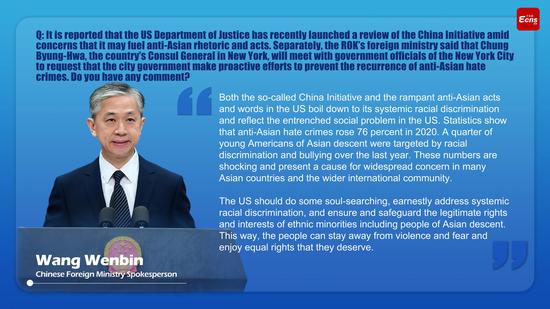




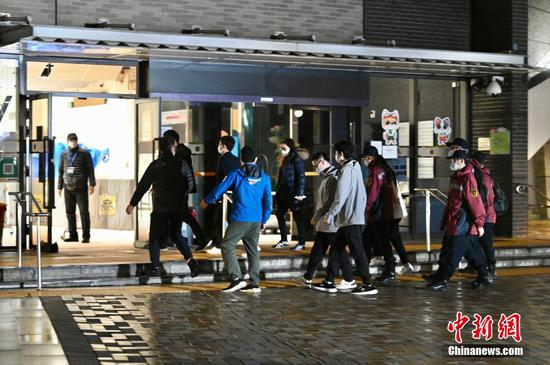






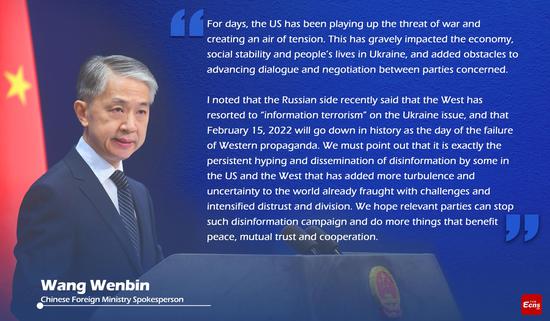





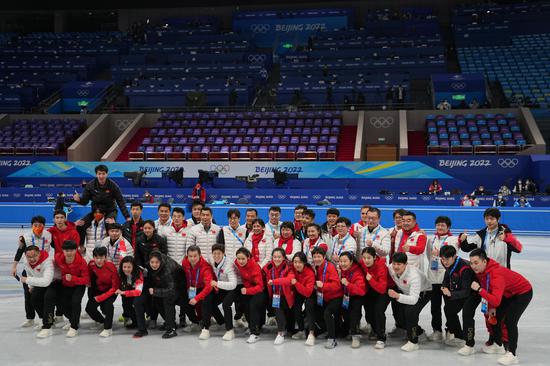






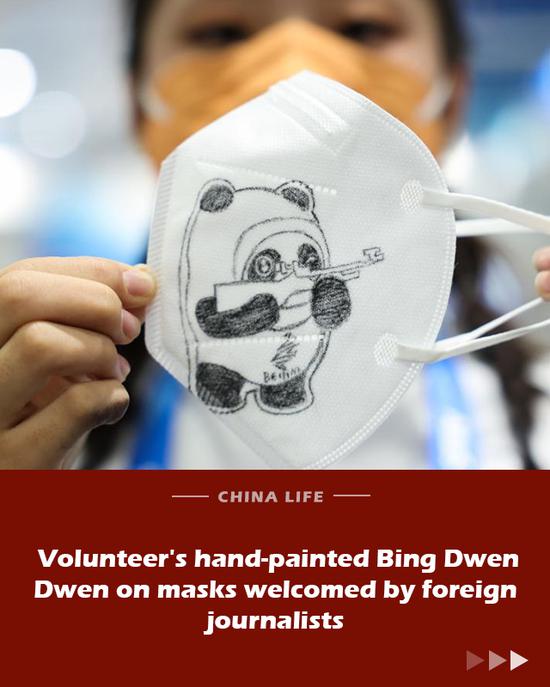





 京公网安备 11010202009201号
京公网安备 11010202009201号